New HIV injection proves to be 100 per cent effective: Study
Tue 09 Jul 2024, 01:00:35
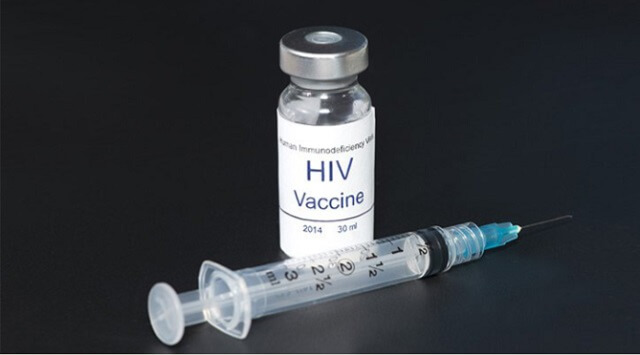
Large-scale clinical trials conducted in Uganda and South Africa have demonstrated that a novel pre-exposure prophylaxis medication administered twice a year completely protects young women from HIV infection. The research examined the relative efficacy of two different drugs—daily pills and an injection of lenacapavir—in preventing HIV infection. Pre-exposure prophylaxis, or PrEP, is the term for all three treatments. Principal investigator Linda-Gail Bekker, a physician-scientist, explains to Nadine Dreyer why this breakthrough is so important and what lies ahead for the South African portion of the study.
Know about the trial and what it set out to achieve
Lenacapavir and two other medications were tested for efficacy at three locations in Uganda and 25 sites in South Africa as part of the Purpose 1 trial, which enrolled 5,000 people. An inhibitor of fusion capside is lenacapavir, often known as Len LA. It tampers with the HIV capsid, a protein envelope that shields HIV's genetic material and replication-critical enzymes. It is applied subcutaneously once every six months. The drug producer Gilead Sciences funded the randomized controlled experiment, which evaluated several hypotheses.
The first was whether a six-monthly injection of lenacapavir was safe and would provide better protection against HIV infection as PrEP for women between the ages of 16 and 25 years than Truvada F/TDF, a daily PrEP pill in wide use that has been available for more than a decade.
Secondly, the trial also tested whether Descovy F/TAF, a newer daily pill, was as effective as F/TDF. The newer F/TAF has superior pharmacokinetic properties to F/TDF. Pharmacokinetics refers to the movement of a drug into, through, and out of the body. F/TAF is a smaller pill and is in use among men and transgender women in high-income countries.
There were three arms to the trial. In a double-blind manner, young women were randomized at random in a 2:2:1 ratio (Len LA: F/TAF oral: F/TDF oral) to one of the arms. This implies that until the clinical trial was concluded, neither the participants nor the researchers were aware of the treatment each person was receiving. Young women are the group most commonly infected with HIV in eastern and southern Africa. Additionally, for a variety of structural and social reasons, many find it difficult to stick to a daily PrEP
regimen.
regimen.
During the randomised phase of the trial, none of the 2,134 women who received lenacapavir contracted HIV. There was 100 per cent efficiency. By comparison, 16 of the 1,068 women (or 1.5%) who took Truvada (F/TDF) and 39 of 2,136 (1.8%) who received Descovy (F/TAF) contracted HIV. The results of a recent independent data safety monitoring board review led to the recommendation that the trial’s “blinded” phase should be stopped and all participants should be offered a choice of PrEP.
This board is an independent committee of experts put in place at the start of a clinical trial. They see the unblinded data at stipulated times during the trial to monitor progress and safety. They ensure that a trial does not continue if there is harm or a clear benefit in one arm over others.
PrEP is not the only prevention tool
In addition to HIV self-testing, condom access, STD screening and treatment, and access to contraception for women who may become pregnant, PrEP should be made available. For health-related reasons, young men should also be given the option of surgical male circumcision. However, despite these alternatives, we are still unable to completely prevent the spread of new illnesses, especially in the youth.
For young people, the daily decision to use a condom or take a pill at the time of sexual intercourse can be very challenging. HIV scientists and activists hope that young people may find that making this “prevention decision” only twice a year may reduce unpredictability and barriers. For a young woman who struggles to get to an appointment at a clinic in a town or who can’t keep pills without facing stigma or violence, an injection just twice a year is the option that could keep her free of HIV.
How long until the drug is rolled out?
It is mentioned in a Gilead Sciences press statement that within the next couple of months, the company will submit the dossier with all the results to several country regulators, particularly the Ugandan and South African regulators. The World Health Organization will also review the data and may issue recommendations. The statement has also said it will offer licences to companies that make generic drugs, which is another critical way to get prices down. In an ideal world, governments will be able to purchase this affordably and it will be offered to all who want it and need protection against HIV.
No Comments For This Post, Be first to write a Comment.
Most viewed from Health
AIMIM News
Latest Urdu News
Most Viewed
May 26, 2020
Which Cricket team will win the IPL 2025 trophy?
Latest Videos View All
Like Us
Home
About Us
Advertise With Us
All Polls
Epaper Archives
Privacy Policy
Contact Us
Download Etemaad App
© 2025 Etemaad Daily News, All Rights Reserved.




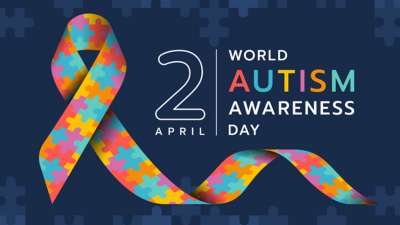
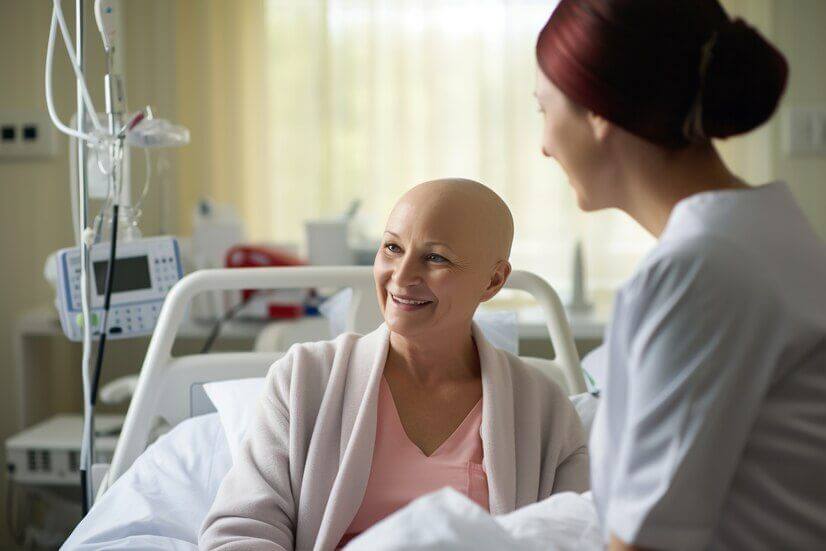
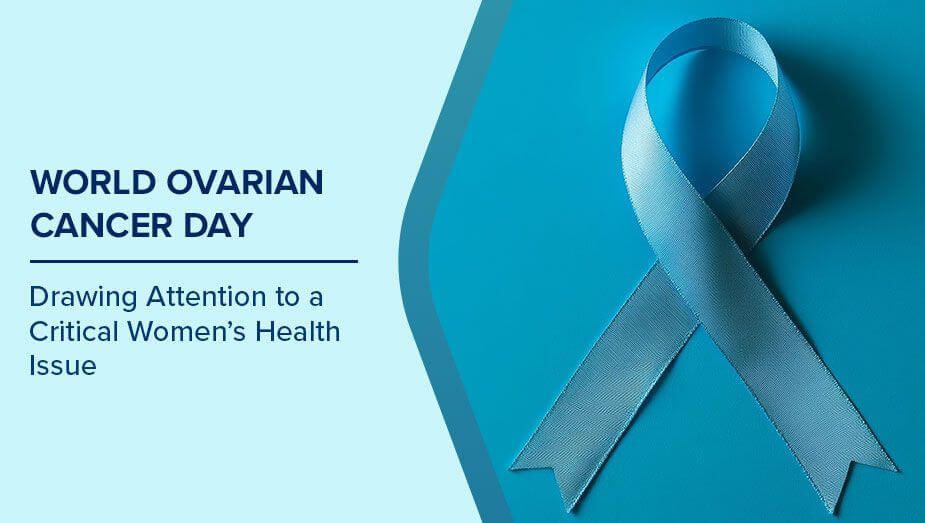
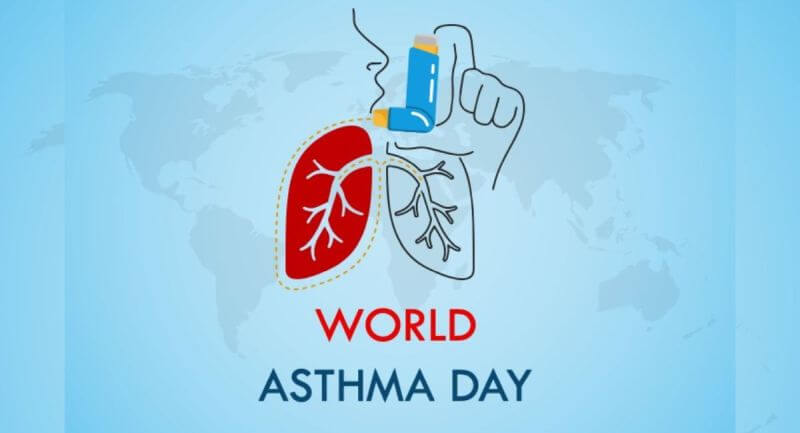
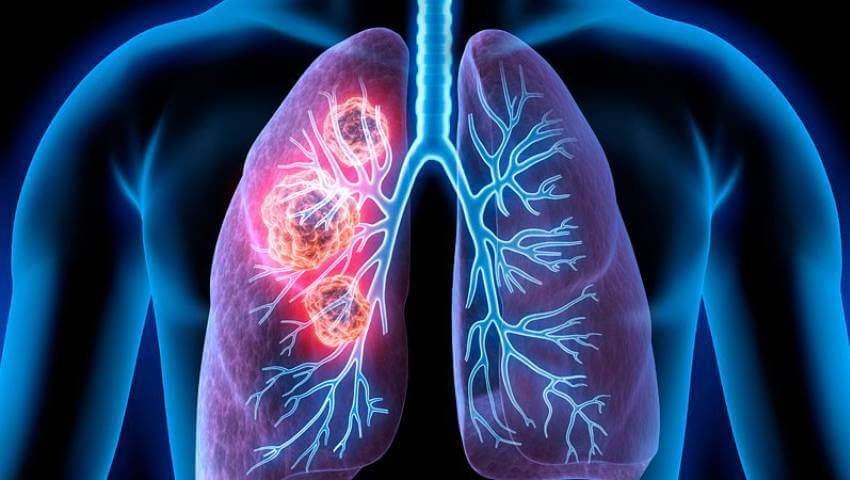









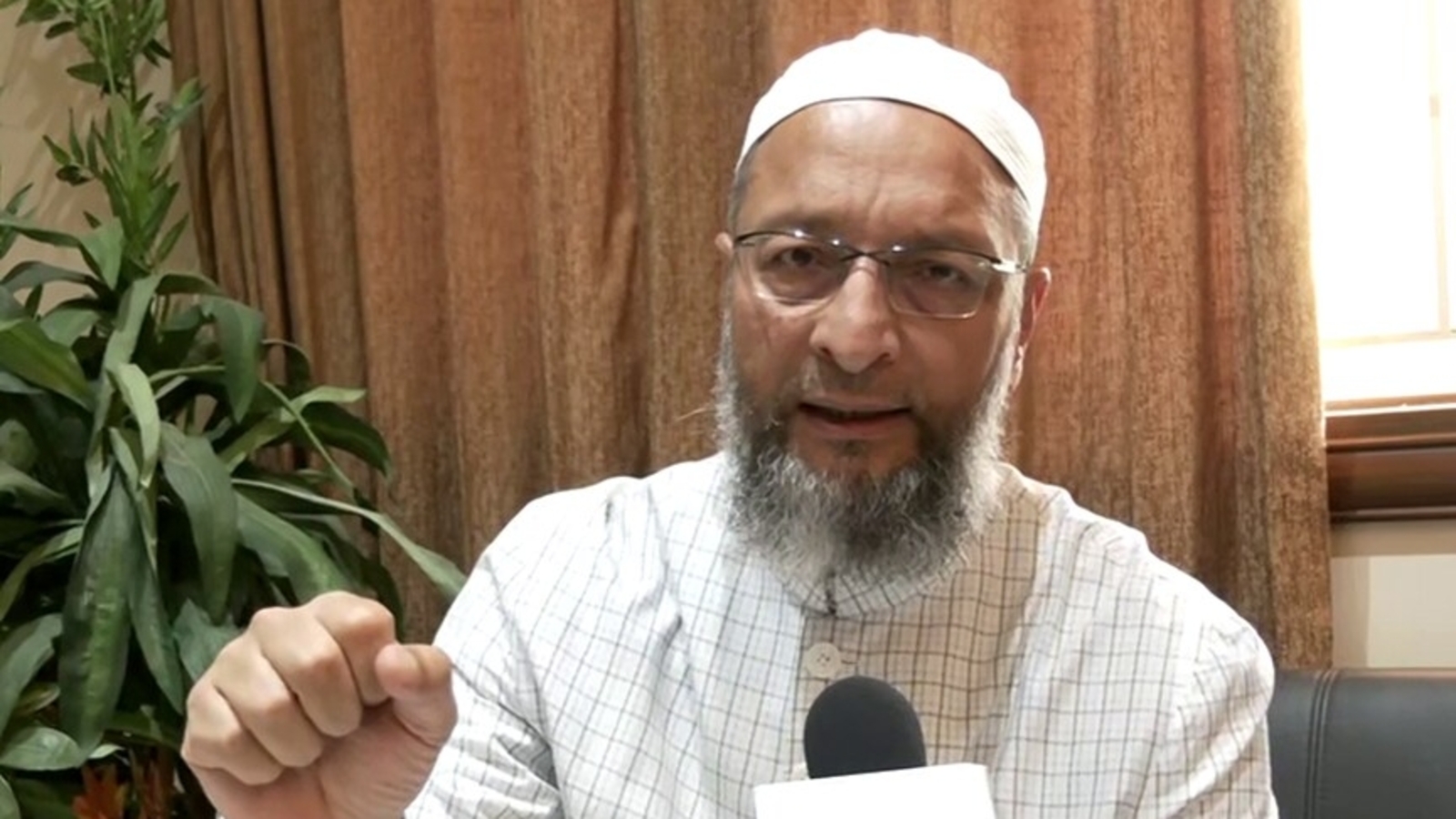






.jpg)




